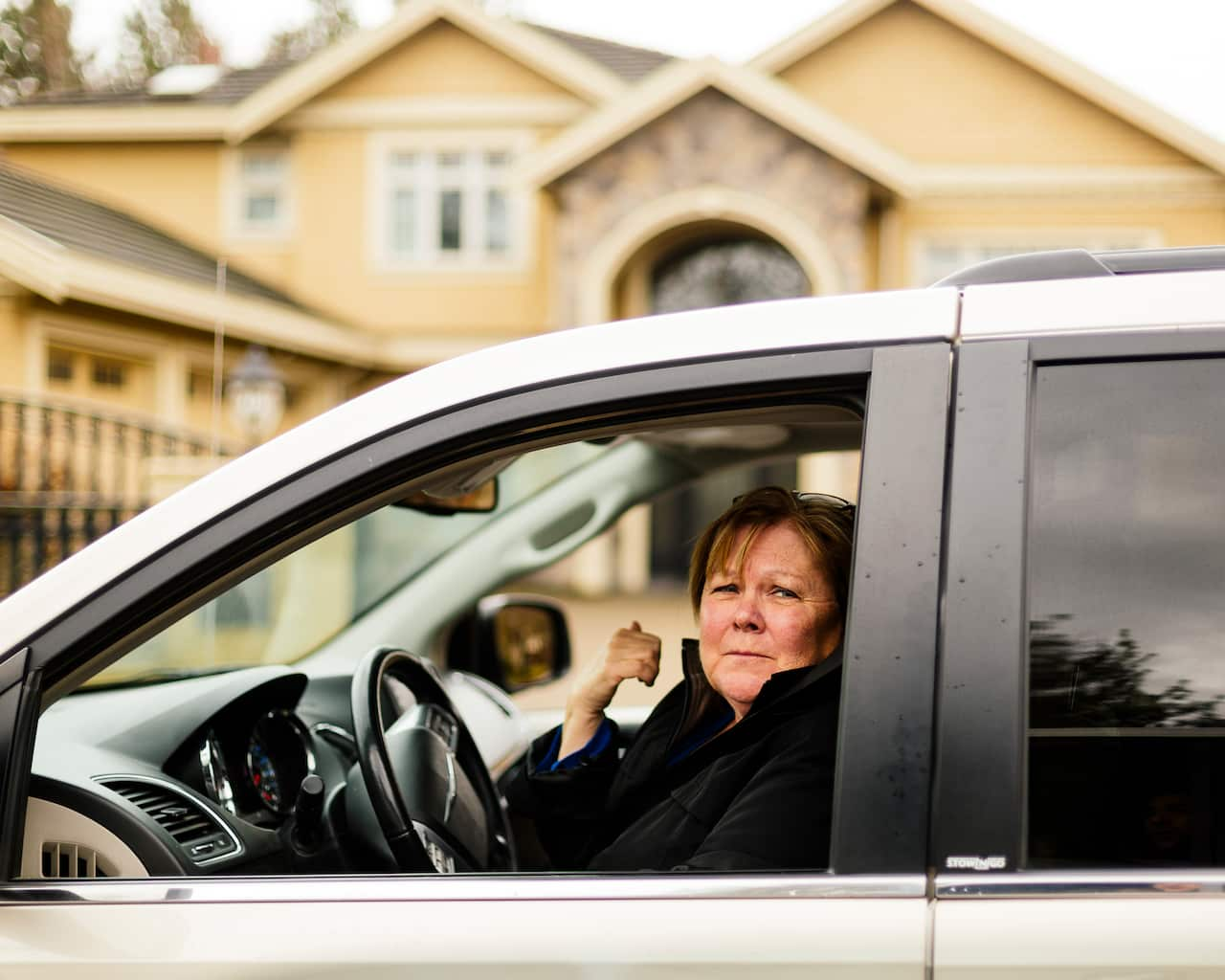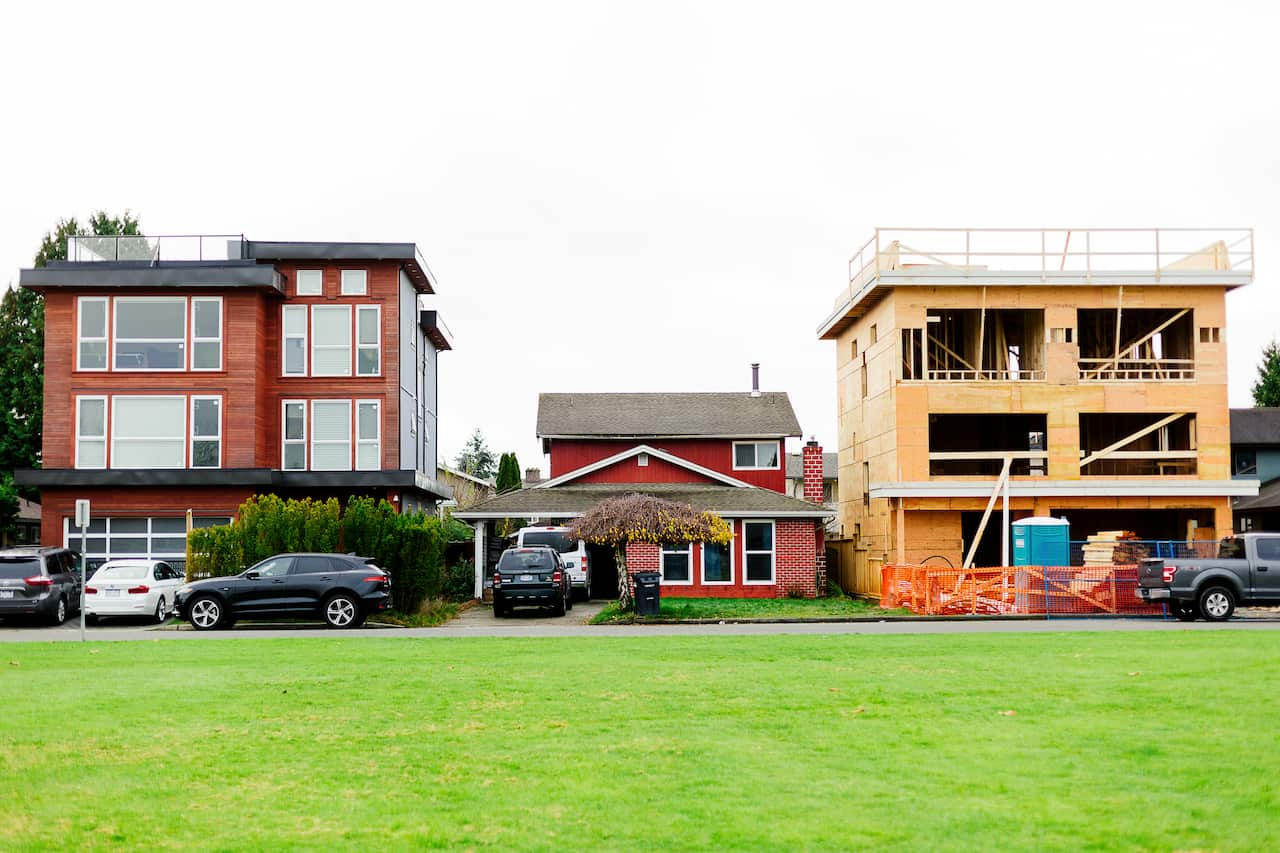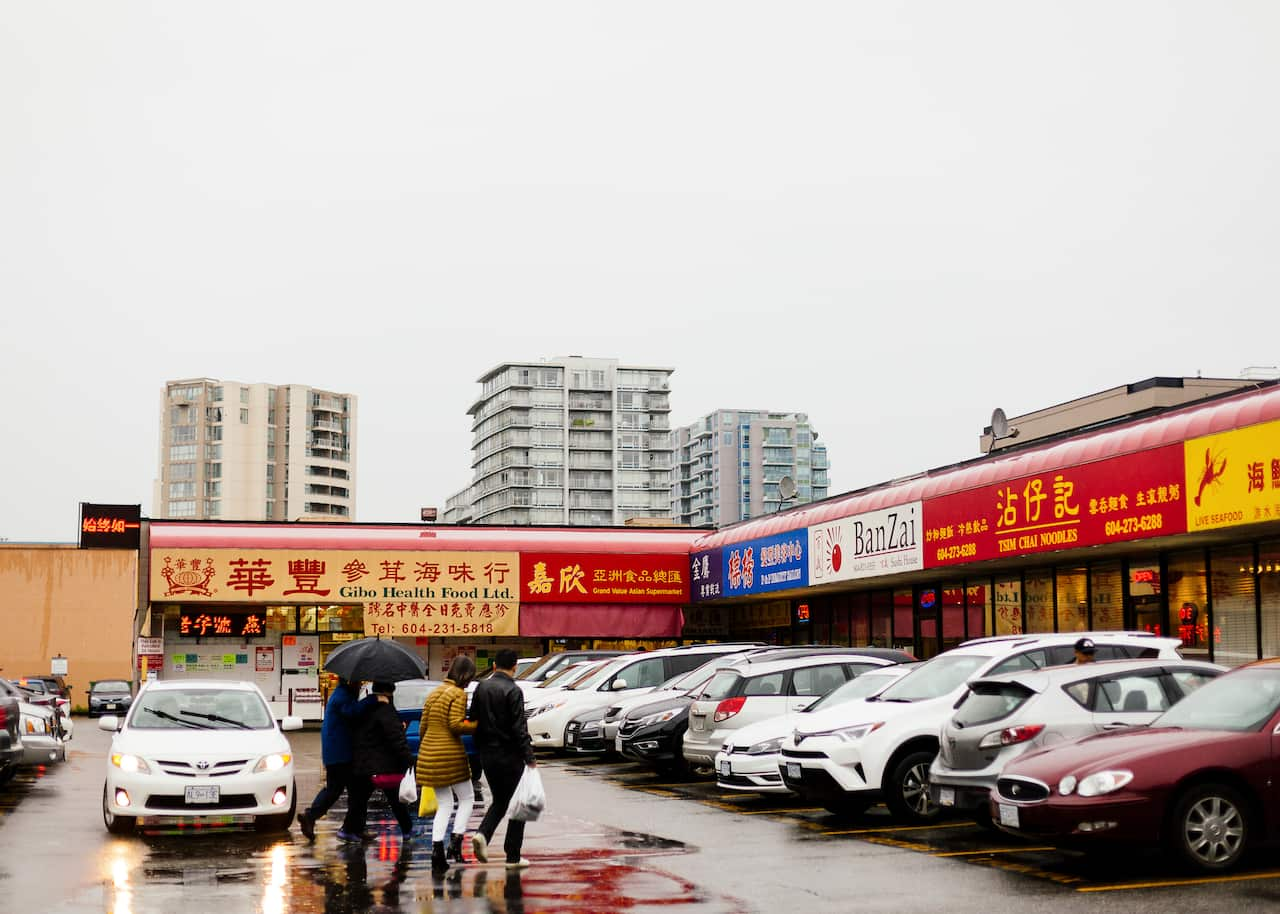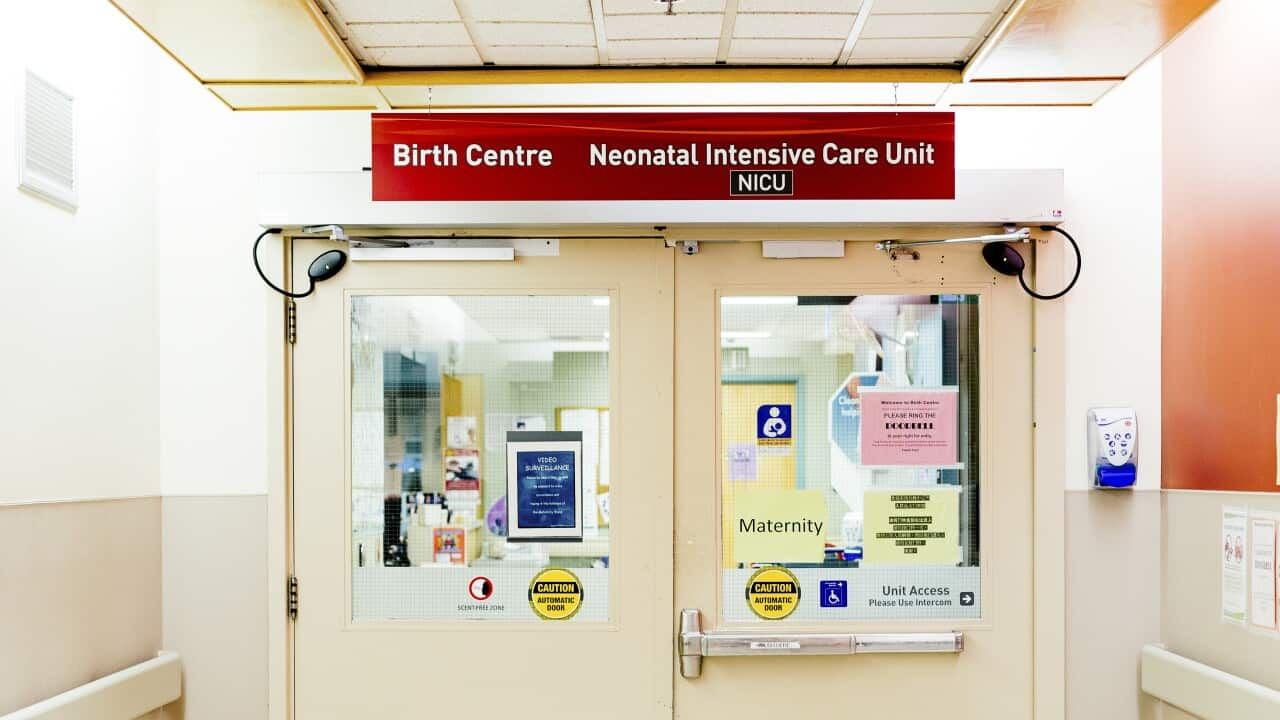Melody Bai arrived in Vancouver from China in the late stages of pregnancy with one goal: to give birth to a Canadian baby.
Awaiting her was an elaborate ecosystem catering to pregnant women from China, including a spacious “baby house” where she spent four months, attended to by a Mandarin-speaking housekeeper.
Caregivers offered free breast massages to promote lactation, outings to the mall, lectures on childbirth with other Chinese mothers-to-be and excursions for high tea.
“It’s an investment in my child’s education,” Bai, 28, a flight attendant, said by phone from Shanghai, months after returning to China with her newborn and passport in hand.
“We chose Canada because of its better natural and social environment.” Bai is part of a growing phenomenon in Canada known as birth tourism, which is not only generating political opposition, but mobilising self-appointed vigilantes determined to stop it.
Bai is part of a growing phenomenon in Canada known as birth tourism, which is not only generating political opposition, but mobilising self-appointed vigilantes determined to stop it.

Kerry Starchuk, who spearheaded a petition against birth tourism, in Richmond, British Columbia, Canada, Nov. 21, 2018. Source: The New York Times
It is perfectly legal.
Under the principle of jus soli - the right of the soil - being born in Canada confers automatic citizenship. But as more pregnant women arrive each month to give birth, some Canadians are protesting that they are gaming the system, testing the limits of tolerance and debasing the notion of citizenship.
In Richmond, a city outside Vancouver where about 53 per cent of its roughly 200,000 residents are ethnic Chinese, non-resident mothers account for one in five births at the Richmond Hospital, the largest number of non-resident births of any hospital in the country, according to a recent report.
“Birth tourism may be legal, but it is unethical and unscrupulous,” said Joe Peschisolido, a Liberal member of Parliament in Richmond, who brought a petition against the practice to Ottawa, where the immigration minister, Ahmed Hussen, said he would examine the issue. The practice underlines how Canada, and British Columbia in particular, has become a favoured haven for well-heeled Chinese seeking a refuge for wealth and kin away from authoritarian China.
The practice underlines how Canada, and British Columbia in particular, has become a favoured haven for well-heeled Chinese seeking a refuge for wealth and kin away from authoritarian China.

The Baoma Inn, left, where women stay while waiting to give birth in Canada, in Vancouver, British Columbia, Canada, Nov. 23, 2018. Source: The New York Times
The issue of birthright citizenship gained global attention in October after President Donald Trump said he wanted to eliminate it, though it is enshrined in the US Constitution.
At least 30 other countries, including Canada, Mexico and Brazil, grant automatic birthright citizenship. Others like Britain and Australia have tightened their laws by requiring that at least one parent be a citizen or permanent resident at the time of the child’s birth.
Indicating that immigration could be an issue in federal elections next year in Canada, the opposition Conservative party this summer endorsed a nonbinding motion calling for unconditional birthright citizenship to be abolished.
In the recent report, from the Institute for Research on Public Policy, Andrew Griffith, a former director general at the government department responsible for immigration, showed that the number of children born to nonresidents in Canada was at least five times as high as previously thought - close to 1,500 to 2,000 annually.
Griffith argues that Canada intended birthright citizenship for those who wanted to live in and contribute to the country.
“Since those engaging in birth tourism have no or barely any real link to Canada,” he said, “the practice is challenging a very Canadian value of fair play.”
With its sprawling Chinese food markets, Chinese-language newspapers and large number of caregivers speaking Mandarin, Richmond has become ground zero for birth tourists from China.
About two dozen baby houses are in operation. Visits to about 15 addresses showed that some operate openly while others work under licenses as tour agencies or present themselves as holiday rentals. Some are in homes. Others are in apartments. Many are booked through agents and brokers in China. Bob Huang, who with his wife runs Anxin Labour Service, a birthing centre in the nearby city of Burnaby, said he was frequently contacted by agents in China who wanted a 50 per cent commission on every successful referral. He said he preferred to post his own ads on local Chinese classifieds websites.
Bob Huang, who with his wife runs Anxin Labour Service, a birthing centre in the nearby city of Burnaby, said he was frequently contacted by agents in China who wanted a 50 per cent commission on every successful referral. He said he preferred to post his own ads on local Chinese classifieds websites.

Businesses with Chinese-language signs in Richmond, British Columbia, Canada, Nov. 25, 2018. Source: The New York Times
Some Richmond residents say birth tourism is undermining the community’s social fabric.
Kerry Starchuk, a self-described “hockey mom” who spearheaded the petition championed by Peschisolido, documents baby houses in her neighbourhood and passes the information on to the local news media and city officials.
On a recent morning, she received an anonymous tip on Facebook that as many as 20 pregnant “birth tourists” from China were being housed in a nearby modernist high rise.
Rushing to her minivan, she drove to a parking garage beneath a Chinese supermarket. She then hurried outside to case a nearby building, suspiciously eyeing a pregnant Chinese woman walking by. After entering the building, Starchuk was foiled by a locked stairwell, adding the high rise to her list for another day.
Starchuk complains that birth tourists bump local mothers from maternity wards, a concern echoed by some local nurses, and get access to public services without paying taxes.
She also said the “anchor babies” threatened to burden Canada by emigrating and studying here and sponsoring their parents to become permanent residents.
The issue has become conflated with resentment in the Vancouver area against soaring housing prices, which some residents blame on an influx of wealthy Chinese.
But Bai, who had her baby in Vancouver in February, said that given the hefty price she had paid to give birth here - CA$60,000, including housing and hospitalisation - she was subsidising the Canadian health care system and contributing to the local economy.
“My child won’t be enjoying any Canadian health benefits, as we are living in China,” she said.
Since her son is Canadian, however, she and her husband, a pilot, could save about CA$150,000 on tuition fees at an international school in Shanghai.
After gaining fluency in English and Western culture, her son could also later attend a Canadian university at the discounted local rate. Eventually, the entire family could emigrate to Canada.
Some first- and second-generation immigrants oppose birth tourists for jumping the queue.
“I don’t think it is fair to come here, give birth and leave,” said Wendy Liu, a Richmond resident of 11 years, adding that she had been repeatedly harassed after Starchuk mistakenly put her house on a list of birth tourism centers.
Birth tourism at Richmond Hospital recently came under the spotlight because of a “million-dollar baby.”
A nonresident, Yan Xia, gave birth there, racked up a bill of CA$312,595 in maternity and neonatal care for her newborn due to complications, and then absconded without paying the bill, according to a civil claim the hospital filed at British Columbia’s Supreme Court in April, six years after Xia gave birth.
Including six years’ worth of interest, Xia’s bill would amount to about CA$1.2 million.
Share


